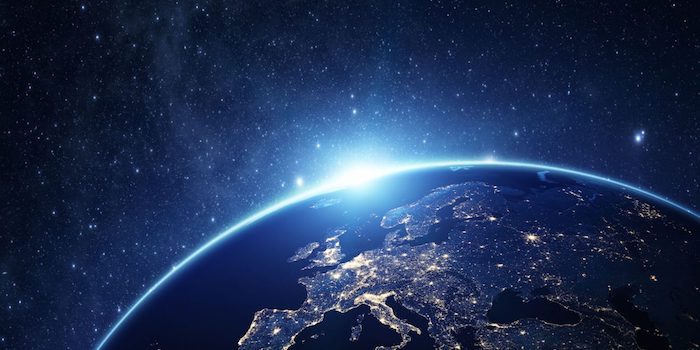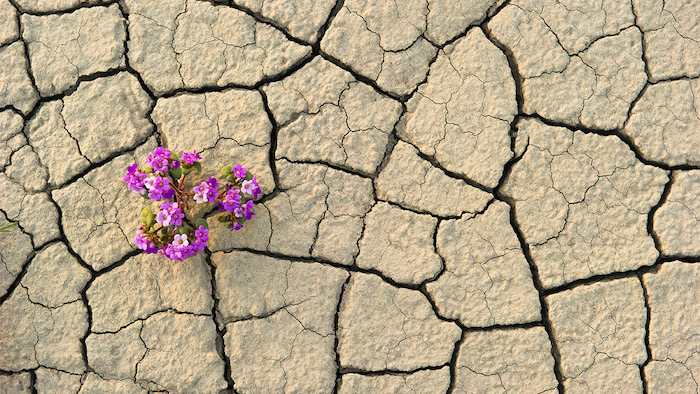Ah, Wisdom
The arc of wisdom bends
like the horizon towards infinity.
Hard-won, steadfast, and durable,
it quietly defies the fashionable
while it settles the soul.
Socrates, Seneca, and Christ—
unwilling to be unwise.
Threatening to the vapid fools,
drunk on political power,
who executed them for their wisdom.
Willing to serve, able to save,
wisdom seldom makes the guest list.
Dismissed with a swipe
in favor of the vainglorious
whose claim to history never arrives.
Wisdom finds strength in silence.
It never leaves, it never runs.
Its agenda is truth and integrity
to foster acuity with solemnity,
often in the face of cruel ignorance.
Wisdom is that soft low voice;
hard to hear and yet always there.
Always ready to serve
once we let go of ourselves,
opening to the prospect of liberation.
Clarity is revealed at the confluence
of mysticism and common sense.
To give rise to wisdom
and put the twinkle in the North Star.
To set and stay the course.
Summoned with humility and patience,
wisdom resides in the threads of awareness.
A reservoir as big as eternity,
yet as sublime as the sunrise
that opens the wildflowers in the meadow.
We ignore Nature at our peril—
the divine cradle of wisdom.
Wisdom is in the warmth of the sun
and in the power of the wind.
It flows in each rivulet of rain,
as mist in the cascading waterfall
and in the musky soil of fertility.
In the opaque hue of evening’s dusk,
wisdom coalesces with time
to conjure epiphany and thrive
in the comfort of innocence.
To bend like the horizon towards infinity.










